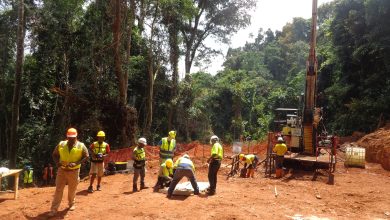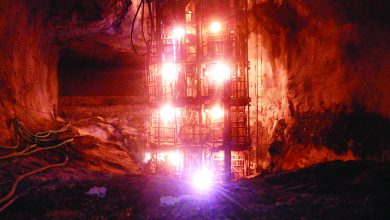
Coal still a lifeline for SA as transition begins
While the global focus on environmental, social and governance (ESG) issues looks to phase out coal as an energy resource, the prospects for South African coal production remain strong for coming decades.
Following the 3 rd Coal Industry Day, held online in July, SRK Consulting principal coal geologist Lesley Jeffrey said coal remains a key contributor to the country’s economy – both in terms of energy production and mineral export revenues. Coal was only recently overtaken by platinum group metals as the country’s leading commodity by sales, but it remains the most significant component of the country’s mining in terms of value added accounting for 25%.
“Strong international coal prices of around $130 per tonne have raised the attractiveness of exports, with most of South Africa’s export coal going to Pakistan,” said Jeffrey. “China is also opening up opportunities for imports from SA following its trade wrangling with Australia, previously an important coal source for them.”
Demand
Although there has been less coal demand from India due to a surge in local production there, South African coal still remains better suited to India’s production of sponge iron, she noted. This suggests that the recent dip in exports to that country may only be temporary; the added advantage is that this market takes relatively low-grade product from South Africa. Coal Industry Day presenter Xavier Prévost confirmed that coal remained the largest single source of power generation globally. Prévost also said the coal sector expected a strong recovery in 2021 – a reminder of coal’s central role in fuelling some of the world’s largest economies.
Jeffrey highlighted that coal-fired power stations are still being built on a large scale in developing regions like south-east Asia – as this provides an affordable route to powering broader economic development. While South Africa has mined out much of its traditional export quality coal, there remained a long horizon of demand abroad for our lower grade coal.
“Unreliable rail services to the Richards Bay Coal Terminal continue to constrain SA’s coal exports, and this has been exacerbated by a recent hacking event and the spate of looting in parts of the country,” she said. The export market was vital to sustain, she emphasised, as it created the economic balance that keeps coal producers profitable while they continue to supply Eskom at low margins. Without the higher-value exports, local electricity prices would likely have to rise even faster to meet the full cost of mining.
Looking further ahead, there was a level of consensus among Coal Industry Day speakers that South Africa could still expect another 20 to 30 years of reliance on coal.






